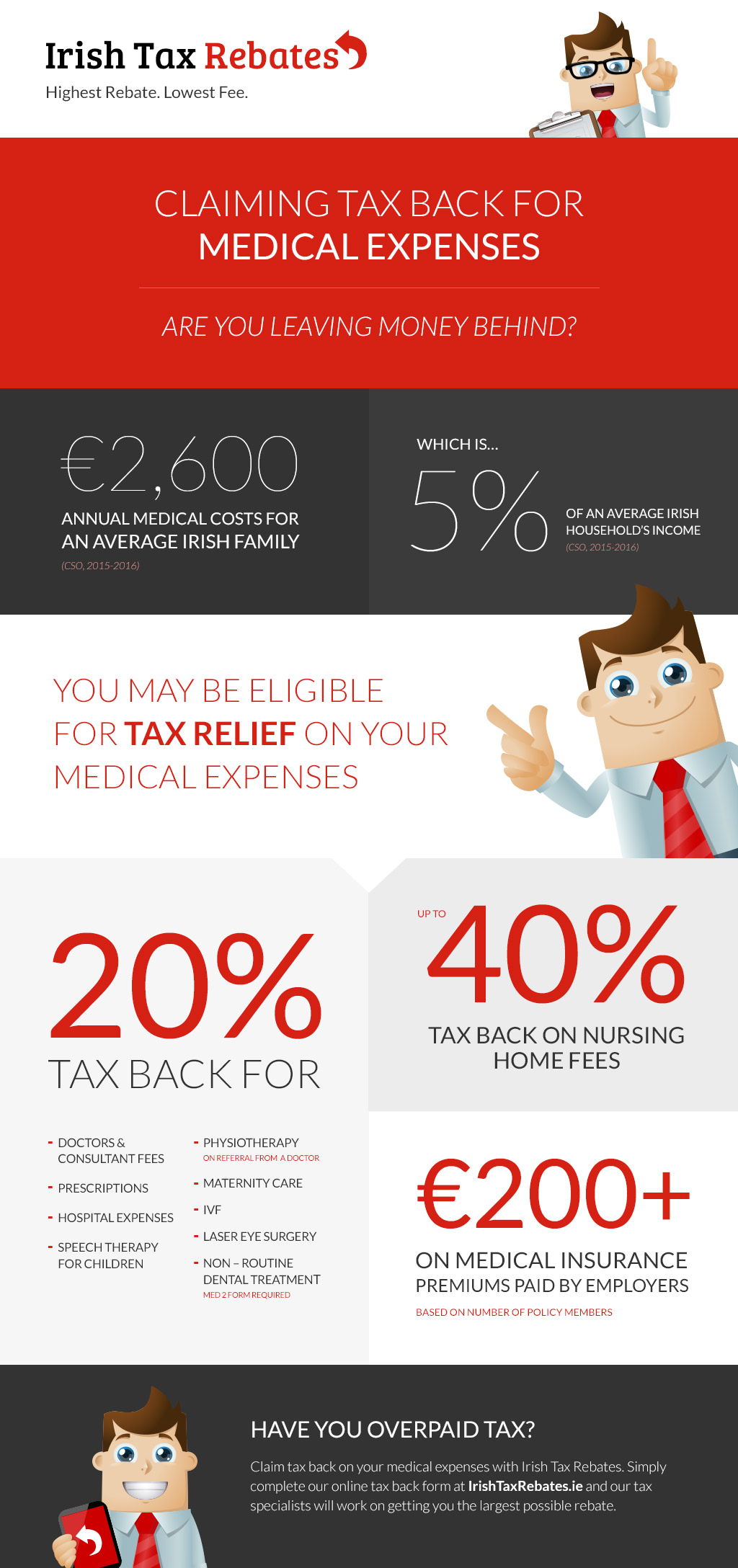The Complete Frequently Asked Question On Refractive Lens Exchange: All The Details You Call For
The Complete Frequently Asked Question On Refractive Lens Exchange: All The Details You Call For
Blog Article
Staff Author-Hunter Blackwell
If you're thinking about refractive lens exchange, you probably have a lot of inquiries. This treatment might transform exactly how you see the globe, offering benefits like lowered reliance on glasses. However, visit the next document to understand the process, dangers, and who certifies as a great prospect. Allow's explore these essential facets so you can make an informed decision about whether RLE is right for you.
What Is Refractive Lens Exchange and Just How Does It Work?
Refractive lens exchange (RLE) is a surgery developed to change your eye's natural lens with a synthetic one, fixing vision issues like nearsightedness, farsightedness, or presbyopia.
Throughout the treatment, your cosmetic surgeon makes a little cut in the eye, removes your natural lens, and inserts an intraocular lens (IOL) tailored to your vision requires. This outpatient surgery usually takes about 15 to half an hour per eye and is done under local anesthetic.
You'll likely notice renovations in your vision virtually quickly, though complete healing might take a few weeks. Cataract Surgery Success Rate Raleigh is specifically useful for those over 40 or with high prescriptions, offering a durable service compared to glasses or call lenses.
Your eye care specialist can aid identify if RLE is right for you.
What Are the Benefits and Risks of Refractive Lens Exchange?
Selecting refractive lens exchange can result in significant renovations in your vision, yet it is necessary to evaluate both the advantages and threats before choosing.
On the bonus side, this procedure can improve your eyesight by fixing concerns like presbyopia, nearsightedness, and hyperopia. Several patients take pleasure in decreased dependence on glasses or get in touch with lenses, which can greatly enhance their quality of life.
However, Medicare Cataract Surgery to consider potential threats. Complications can include infection, glare, or halos around lights.
There's additionally an opportunity of overcorrection or undercorrection, which might require extra treatments.
That Is a Suitable Prospect for Refractive Lens Exchange?
If you're taking into consideration refractive lens exchange, it is necessary to know whether you fit the profile of an excellent candidate. Usually, you might be an excellent candidate if you more than 40, experience presbyopia, or have high degrees of nearsightedness or farsightedness.
It's likewise critical that your vision is stable, suggesting your prescription hasn't altered dramatically in the past year. If you have cataracts or other eye conditions, you may take advantage of this treatment also.
Nevertheless, certain factors, like unrestrained diabetic issues or autoimmune conditions, could disqualify you. To identify your candidacy, seek advice from an eye care specialist who can examine your details circumstance and recommend the most effective course of action tailored to your needs.
Conclusion
To conclude, refractive lens exchange can be a transformative option for enhancing your vision, especially if you more than 40 or have a high prescription. While the advantages are substantial, it's important to evaluate the dangers and speak with your eye treatment specialist to figure out if you're a suitable candidate. With the ideal information and advice, you can make an informed decision and possibly appreciate a life with minimized dependancy on glasses.
